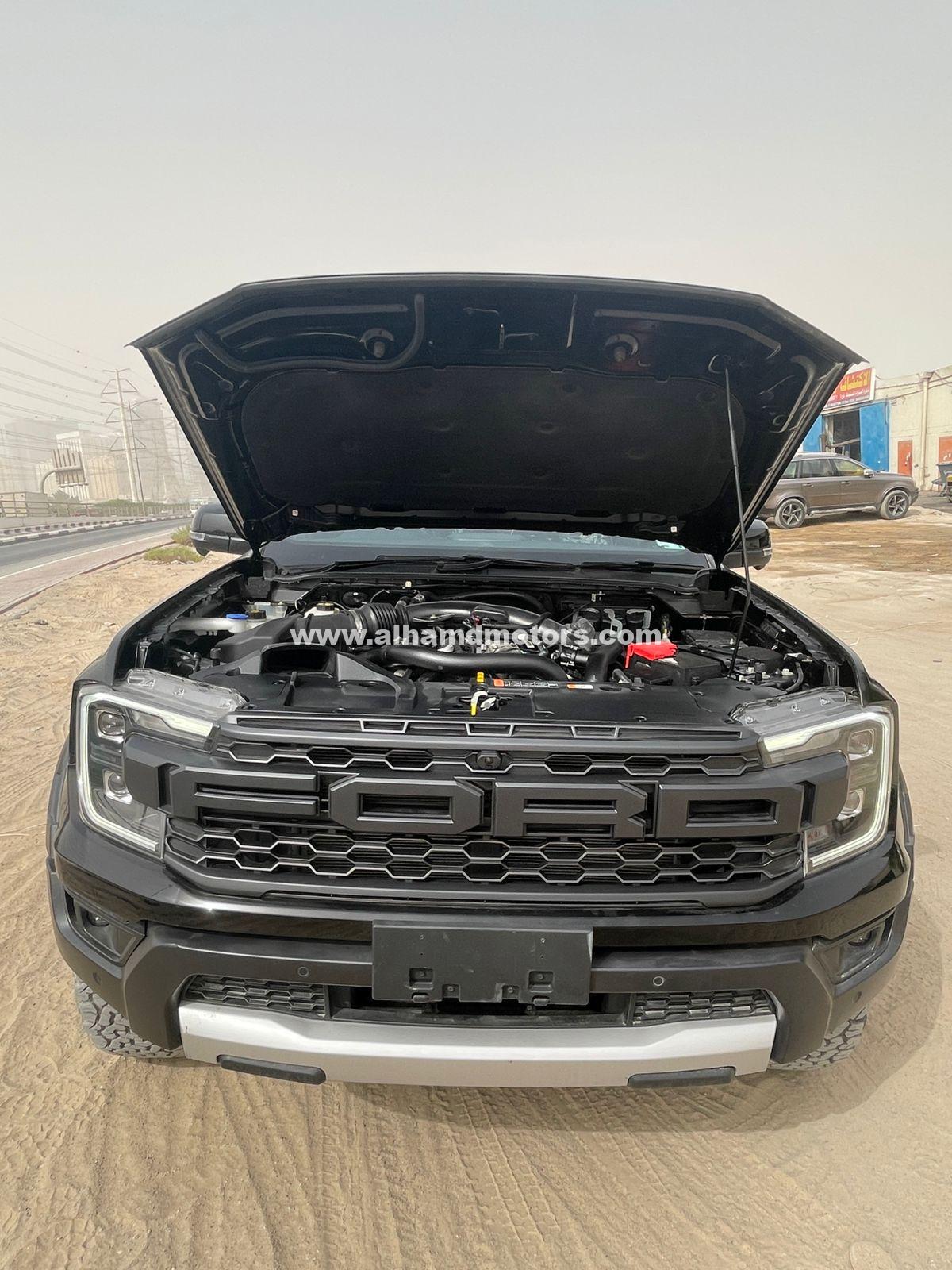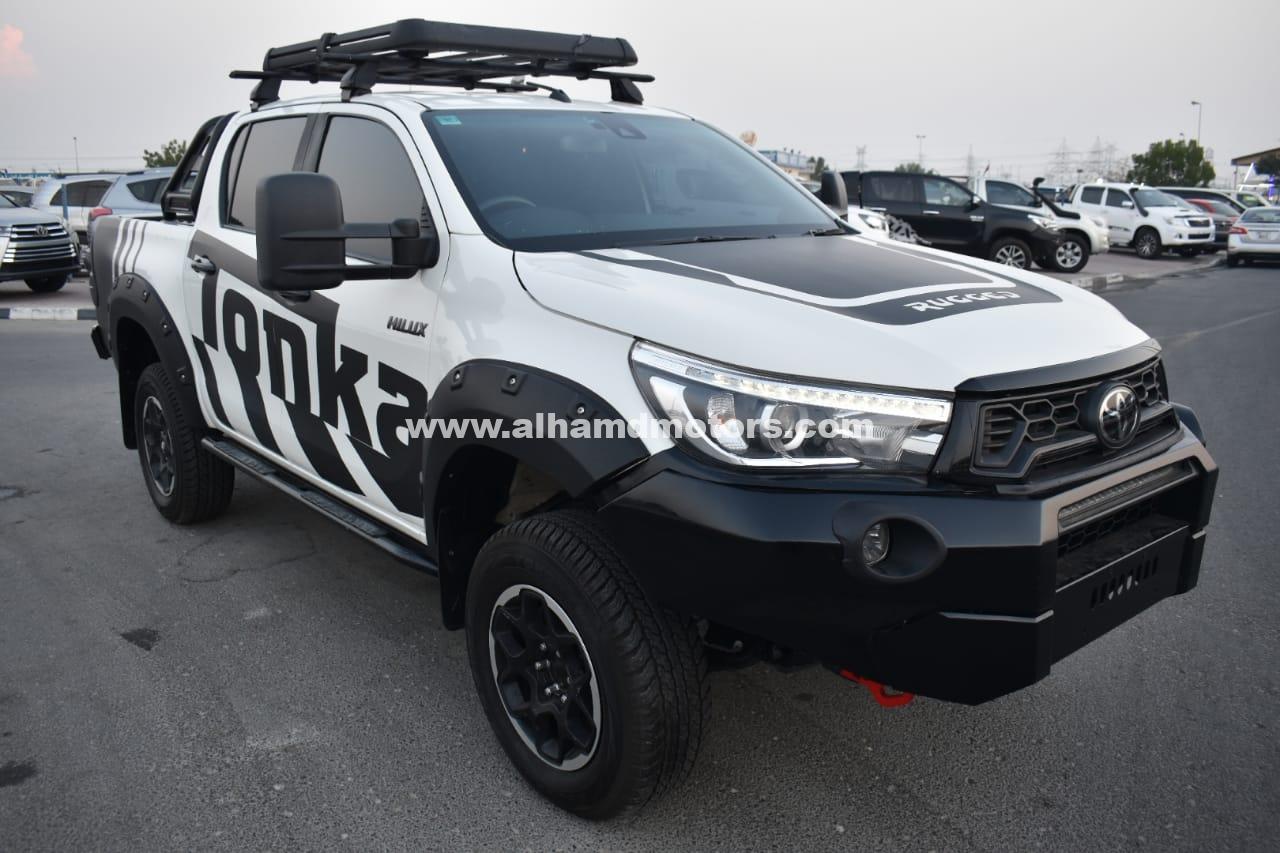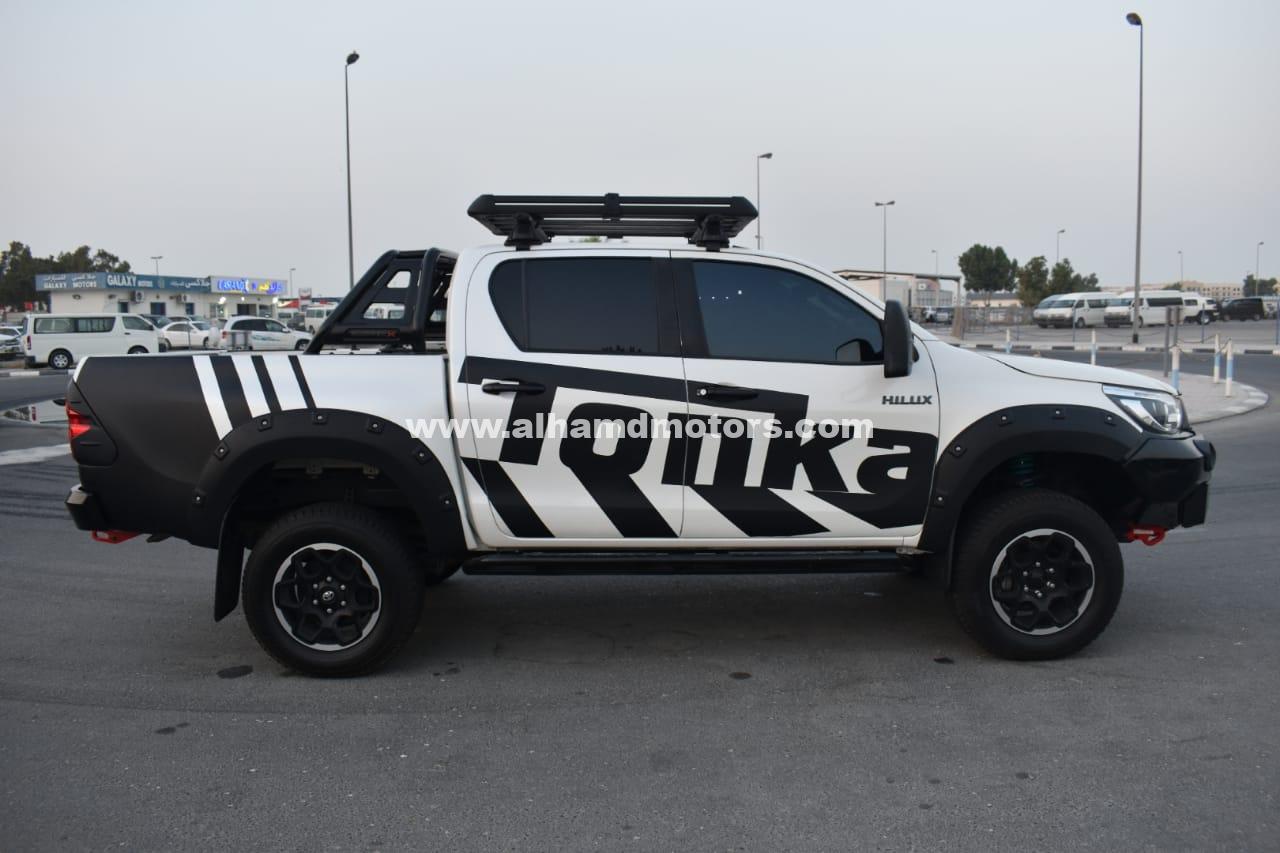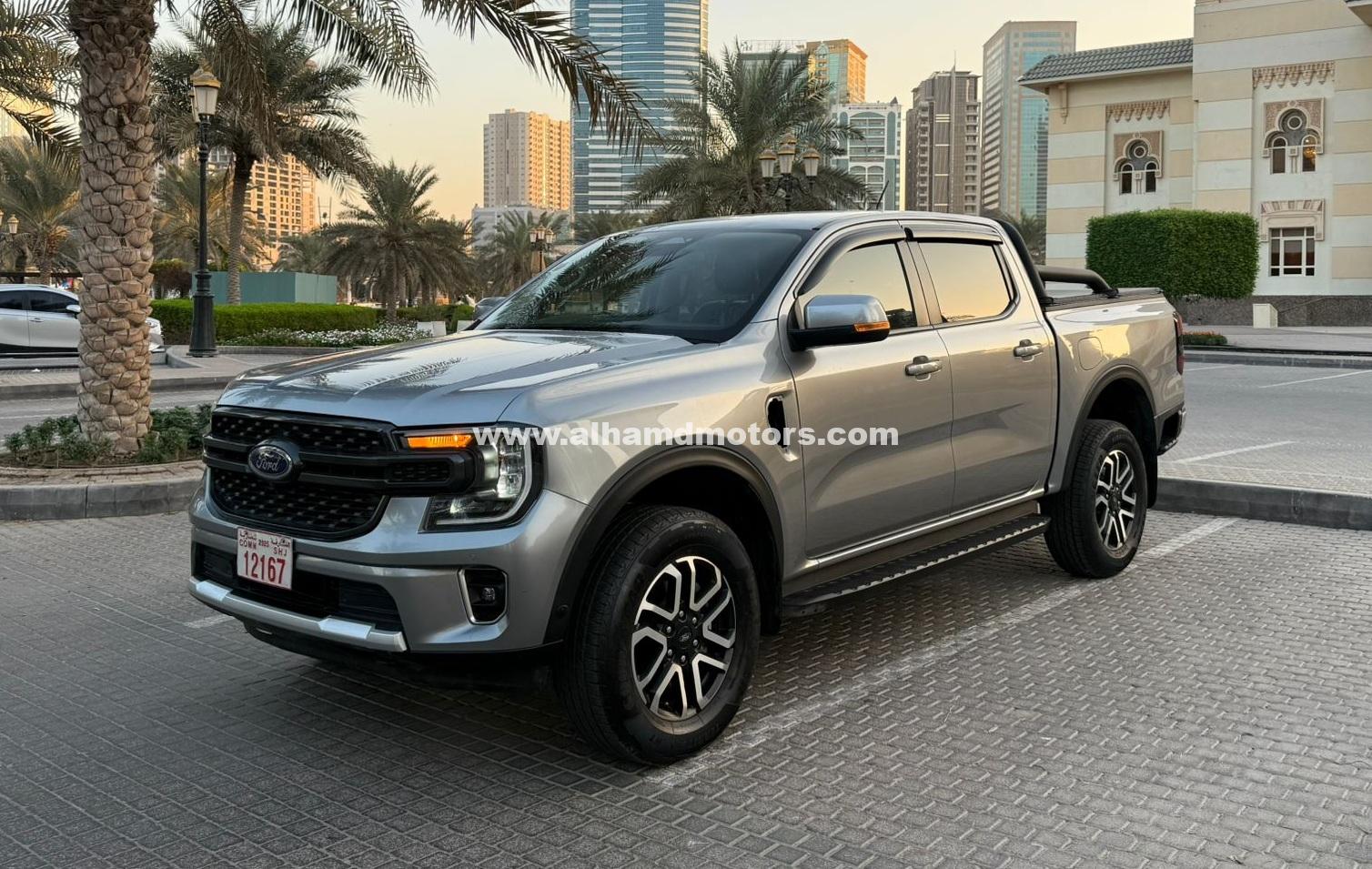
The booming trade of used cars from Dubai to Africa has opened exciting opportunities for buyers and dealers alike. Dubai’s automotive market offers high-quality, right-hand drive (RHD) vehicles that are perfect for African roads. However, while the initial price of a car may seem attractive, many African buyers often overlook hidden costs that can impact their budget. Understanding these costs beforehand ensures a smooth, profitable, and stress-free import process. In this blog, Al Hamd Motors, your trusted Dubai car exporter, highlights the key hidden costs African buyers must know before importing.
1. Shipping and Freight Charges
Many buyers assume that the listed price of a vehicle includes delivery to their home country, it does not. Shipping costs vary depending on:
- Shipping method, Container shipping vs. Roll-on/Roll-off (RoRo)
- Distance to destination port, East Africa, West Africa, or Southern Africa
- Car size and weight, Larger vehicles incur higher costs
Tip: Always request a detailed shipping quote. Some buyers are surprised by additional port handling fees, which can increase the total cost by 10–15%.
2. Import Duties and Taxes
Every African country has specific import duties, VAT, or sales taxes applied to imported vehicles. These can add a significant amount to your budget.
- Example, Kenya and Tanzania impose import duties between 25–30%, plus VAT and excise duty
- Hidden aspect, Customs may also charge environmental fees or road levies that are not always included in preliminary quotes
Tip: Consult your country’s customs authority or a trusted freight forwarder to calculate accurate import costs.
3. Inspection and Compliance Fees
African ports often require vehicles to meet safety and emission standards before clearing customs. Costs may include:
- Pre-shipment inspection fees
- Emission or roadworthiness certification
- Modifications to meet local regulations
Even if your car is in perfect condition, failing to comply with regulations can delay clearance or incur fines.
Tip: Work with an exporter like Al Hamd Motors who ensures all cars meet African regulatory standards before shipping.
4. Port Handling and Clearance Fees
Once your car reaches the destination port, additional fees may apply:
- Port handling fees for unloading and temporary storage
- Documentation fees
- Customs clearance agent charges
These charges often catch buyers off guard. They can range from a few hundred to over a thousand USD depending on the port and car type.
5. Currency Exchange and Bank Charges
If you are paying in foreign currency (USD, AED, EUR), fluctuations in exchange rates and bank transfer fees can add unexpected costs.
Tip: Lock in payments early or work with exporters who offer competitive banking solutions.
6. Insurance Costs
Shipping insurance protects your investment in case of damage or loss during transit. Some buyers skip this, assuming the exporter covers it.
- Insurance rates depend on car value and shipping method
- Not having insurance can be risky, especially for high-value vehicles
Tip: Always insure your vehicle until it reaches your destination safely.
7. Local Transport Costs
After clearing customs, your vehicle still needs to reach your dealership, home, or warehouse. Local transport costs, including trucks, fuel, and labor, must be factored into your budget.
8. Optional Upgrades and Accessories
Many buyers like to customize or upgrade their imported cars with:
- Alloy wheels
- Audio systems
- GPS or security devices
While optional, these costs are often overlooked until the car arrives, adding to the overall expenditure. Explore car accessories to plan your upgrades.
9. Delays and Unexpected Expenses
Delays in shipping, customs clearance, or compliance inspections can lead to unexpected costs,
- Extra storage fees at ports
- Extended insurance coverage
- Administrative penalties
Tip: Work with reliable exporters with experience handling African shipments to minimize delays.
How Al Hamd Motors Helps African Buyers Avoid Hidden Costs
At Al Hamd Motors, we specialize in exporting high-quality RHD vehicles from Dubai to Africa. We provide:
- Transparent pricing, no hidden fees, full cost breakdown
- Compliance assurance, cars meet all African import regulations
- End-to-end shipping support, from Dubai port to your doorstep
- Expert guidance, helping you understand import duties, taxes, and customs processes
By partnering with Al Hamd Motors, you avoid surprises and ensure your investment remains profitable.
Conclusion
Importing cars from Dubai to Africa offers incredible opportunities, but hidden costs can impact your budget if not planned carefully. Shipping, duties, inspections, port fees, insurance, and local transport are just some of the expenses you must consider. Working with an experienced exporter like Al Hamd Motors ensures transparency, compliance, and a smooth import process, saving you time, money, and stress.
Call to Action: Ready to import your next vehicle from Dubai to Africa? Contact Al Hamd Motors today and get a full cost breakdown, no surprises, just high-quality cars delivered safely to your location.




